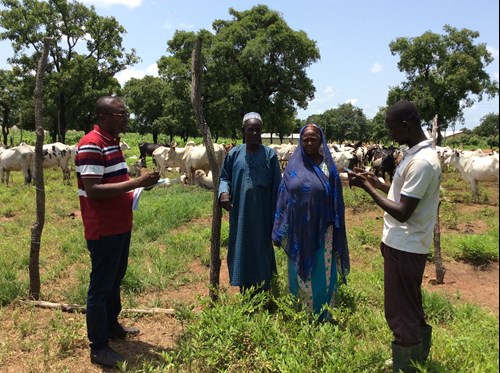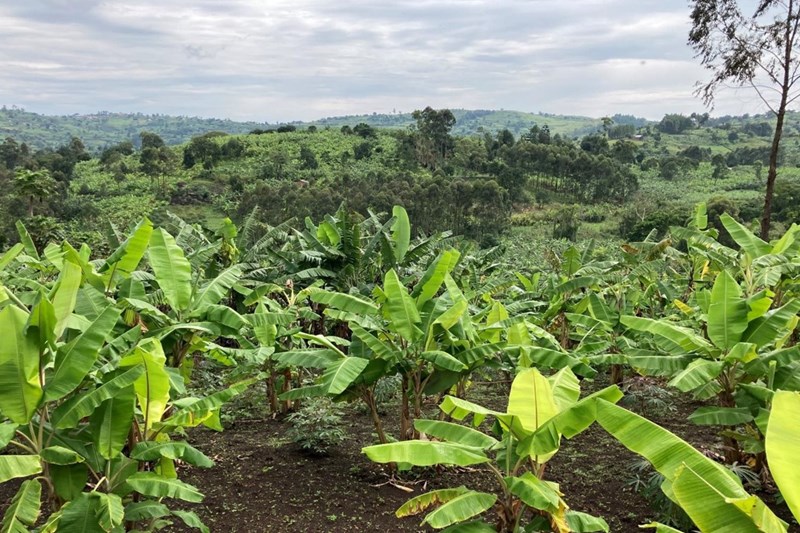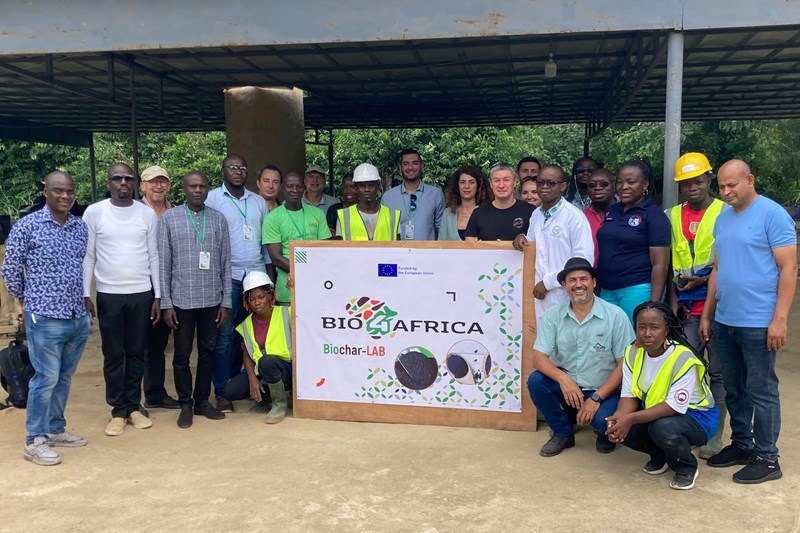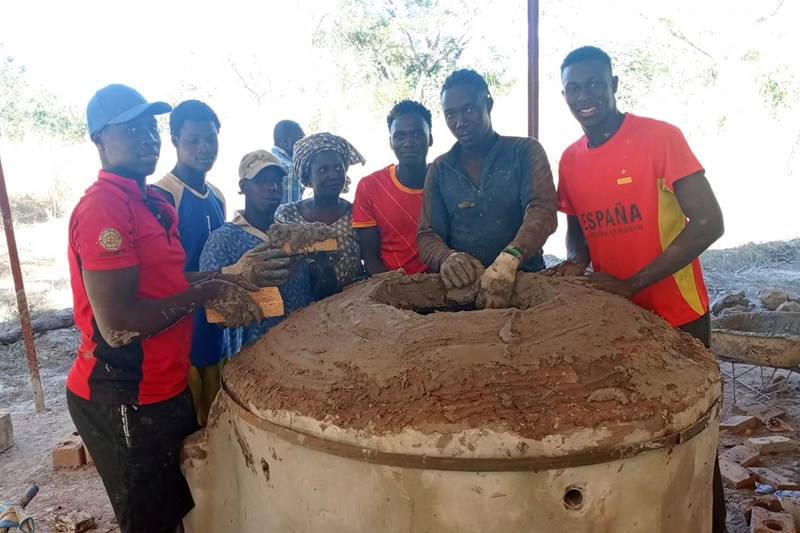BIO4Africa’s work is featured in a new article on the CORDIS – EU research results platform, showcasing how the project has helped turn agricultural waste…
Why BIO4Africa?
Robust agri-food systems are vital to combating poverty, enhancing food security and driving inclusive, sustainable development within African farming communities. BIO4Africa will empower smallholder farmers to generate new sources of income by creating value from locally available biomass (read more)
Six key objectives

- Analyse the needs and context of rural communities and their agri-food value chains
- Identify, develop and adapt robust bio-based solutions that are easy to use with minimal training
- Pilot the bio-based solutions at testing sites in Côte d'Ivoire, Ghana, Senegal and Uganda
- Facilitate rural take-up via validated business models and hands-on business support
- Document the potential to diversify farmer incomes through sustainable, marketable products that can be scaled up elsewhere
- Collaborate across academia, government, industry and society
Follow our progress
Develop, adapt, pilot...
Local farming communities and organisations have validated selected bio-based technologies for development and adaptation in our labs and piloting in the field. See their current status

Work package reports
We publish regular reports on our activities and how we are progressing towards work package goals. Go to the reports

Relevant bio-based tech
We’ve identified a long list of bio-based technologies with the potential to support circular agri-food systems. Get in touch if you have a technology to add. See the technology catalogue

Published studies
The BIO4Africa partners aim to submit a number of research studies for publication in leading international journals. View our published studies

Latest news
The BIO4Africa pilot trials are complete. The results have established a firm foundation for building an African bioeconomy.
BIO4Africa delegates from Africa and the EU urge African governments to enable the transformation to a bio-based economy.
The findings of the BIO4Africa social life cycle assessments are in. Their conclusion? Bio-based technologies are a sustainable business investment.



